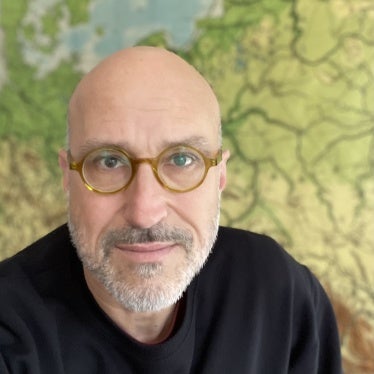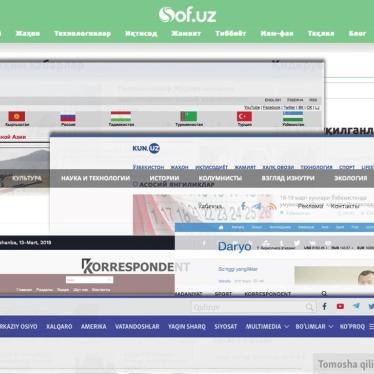Meet the new Western diplomats on Central Asia; same as the old Western diplomats on Central Asia...
I had the honor last week of attending a closed-door meeting of Euro-Atlantic diplomats and policy experts covering Central Asia, and although the Chatham House Rule prevents me from putting names to quotes, I hardly need to, because we’ve sadly heard so much of it so many times before.
To listen to some, you’d think human rights and human security were actually improving in countries like Uzbekistan, which in fact has one of the most appalling rights records in the world.
“They are using fewer children in the cotton fields,” said one. It may be true in that Tashkent has – in response to scrutiny from the Organisation for Economic Co-operation and Development and a robust international campaign by apparel companies and human rights groups – replaced some forced child laborers with forced adult laborers. However, this shift hardly addresses the core injustice (and thus mass resentment) of well over a million people driven into the cotton fields for two to six weeks every year.
In the seminar we also heard variations of, “The region is transforming at its own pace,” and my all-time favorite, the inevitable call for “strategic patience.” This may seem like a cost-free diplomatic approach for the West, but it comes across as a callous insult to people who have been living under authoritarian rule for over two decades.
Such things are not only said behind closed doors, of course; we hear them spoken openly in public pronouncements by key players as well. For example, the EU’s statement following a meeting of the EU-Uzbekistan Cooperation Council last month read, “the EU welcomed Uzbekistan’s readiness to discuss about human rights with the EU in an increasingly open fashion within the Human Rights Dialogue.” Uzbekistan seems to have figured out that the EU is satisfied with dialogues it can characterize as pleasant, which allows it simultaneously to continue to turn a blind eye to Tashkent’s egregious abuses.
I’ve only been following Central Asia professionally for 15 years or so, but frankly, I am sick of hearing the West’s groundless optimism and praise for progress in a region that in recent years has backtracked on human rights -- and in some parts, has become ever more repressive, insecure and dangerous. How long before anyone in an official capacity in the West finally understands -- and is willing to acknowledge publicly -- that all their predecessors’ wishful thinking was misplaced?
“You have to look at the glass half full rather than half empty,” I’ve been hearing in conference after conference for a decade and a half now. But if you need a water-level-based analogy for the state of human rights in the region, the dried-up Aral Sea is a more fitting one.








